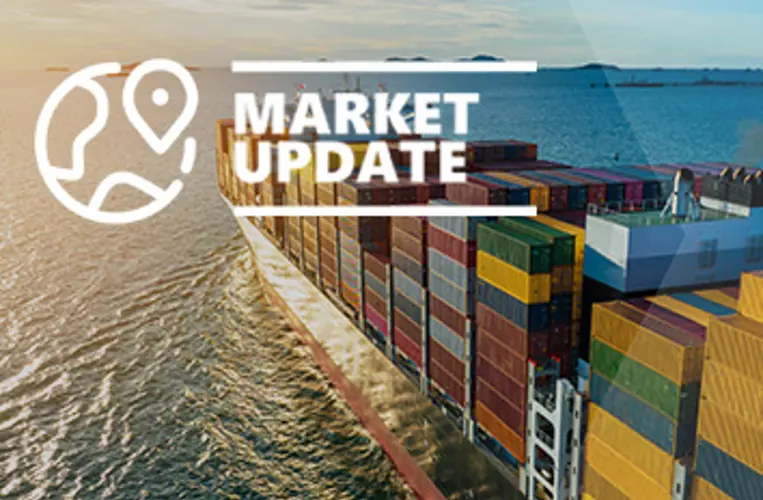
Advisory
The consequences of EU Mobility Package for road freight
28 Jan, 2022

While the improvements of living standards for drivers are much welcomed, there is little doubt that the challenges with finding and keeping capacity will continue for some time. This also means that the cost for road transportation is likely to come under pressure.
The various rules and regulations being rolled out cover many aspects of our industry’s activities, and in this newsletter, we will inform about what we know already now, and what we expect will be future consequences of the new rules.
As always, we will continue to keep you informed about new developments.
Rules that have already been implemented
The first stage of EU's Mobility Package is already in force and has been applied since 20 August 2020. Among others, it involves:
- Employers must cover the costs of the drivers’ weekly rest, and it is no longer allowed to take the weekly rest in the truck
- Drivers must return to either their home country or the registration country of the employer every 4 weeks – cost must be covered by the employer
- Drivers doing domestic trips in a foreign country must be compensated a “local” salary instead of the salary level of his/her home country
- Employers and drivers must be able to document that the driver has been compensated with local salaries or a fine will have to be paid.
Better conditions for truck drivers come with a price
Whereas the aim of the Mobility Package is to end distortion of competition in the sector while providing better working conditions for drivers, it is also clear that it will involve substantial costs and extra administrative burdens for the employers, such as:
- Higher salary cost for employers
- Cost for employers to pay for weekly rest and travel home for each driver every 4 weeks
- Each EU country enforces the “local salary” issue differently, which adds a huge administrative burden on haulage companies as they must abide by many sets of local rules to be able to document that local pay is being paid for the trips done in the foreign country, or they will suffer fines. This means that extra backoffice staff needs to be employed.
New rules in 2022 with new cabotage restrictions
The rules to be implemented in 2022 involves cabotage rules being tightened once again. A truck was previously allowed to do three cabotage trips per stay in a foreign country. In the future, the driver needs to drive only international trips for four days after performing 3 cabotage trips, before he or she can enter that same country again.
Trucks, and not only drivers, will also need to return to their home base in regular intervals in the future. Every 7-8 weeks, the trucks must return to their country of registration before they can do international trips again.
The above rules will apply from 22 February 2022.
Increased capacity pressure and increased costs
With the capacity pressures that we have seen for the last 8-9 months, we can only expect this situation to accelerate as fewer trucks can do cabotage trips.
The “return home” policy for trucks will take between 7,5% to 12,5% of the capacity out of the market as the truck is not available during their home trip and this will add costs to do the trips with mostly empty trucks.
The capacity pressure is likely to further push up the costs for road transport in the coming months/years as the balance of supply and demand tips in favor of suppliers.
New legislation has been put forward in various countries where previous taxfree “per diem” payments for drivers will be replaced by regular taxable salaries. This is estimated to trigger increased salary costs between 25% and 40% for the employers, as drivers will ask for higher salaries, when they now have to pay tax on all their salary.
Book early - stay in contact
We recommend, more than ever, to plan your transportation as early as possible, book as early as possible, and generally stay in close contact with your local SGL contact person to make sure everything runs as smooth as possible.
We are here to help and keep supply chains running!
Read the latest news on your future solutions in action

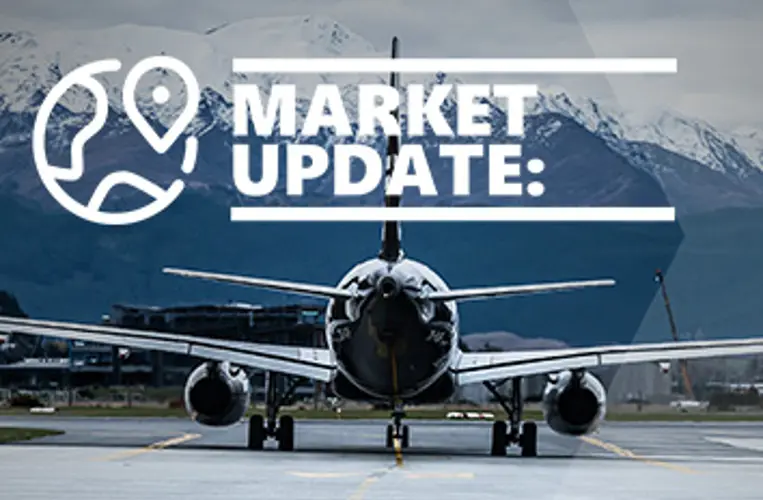
Trade wars reloaded: Logistics in the crossfire of US tariff fallout
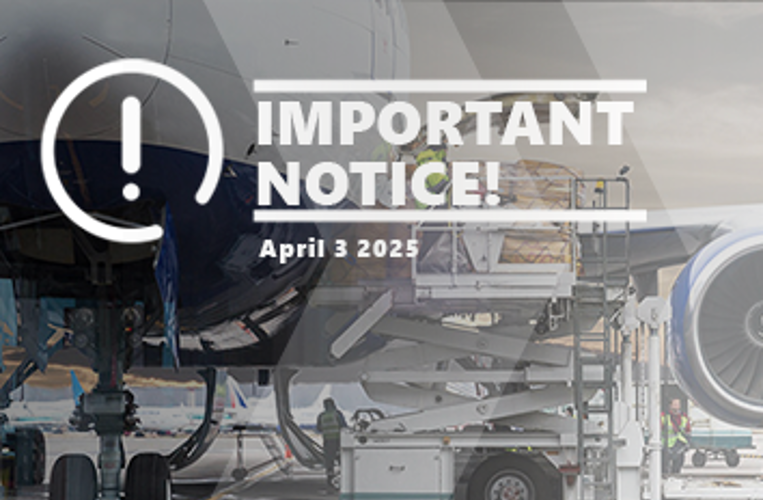
US duty tariffs earthquake ignites full-blown global trade war
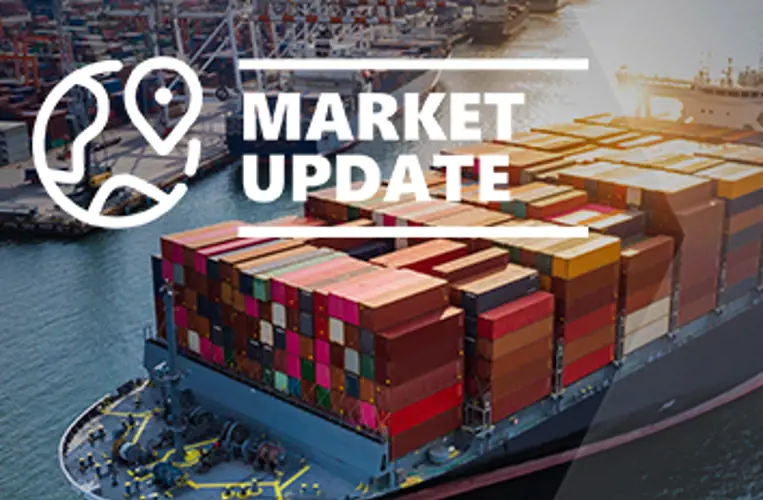
Freight market update: New US Administration policy triggering a new world order

A bumpy 2025 on the horizon

Second US East and Gulf Coast port strike averted

ILA port strike ends and dockworkers resume work

ILA strike: Gulf & Eastern seaboard of North America
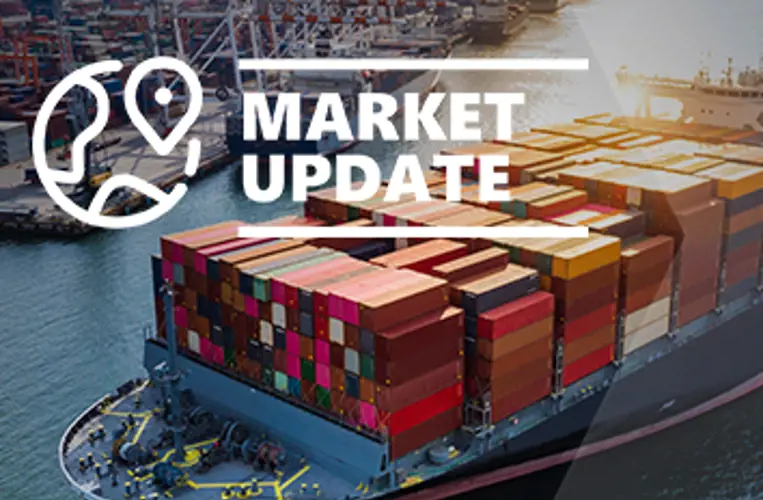
The volatility limbo dance in full motion

The Pandora’s box of supply chain chaos is now wide open



